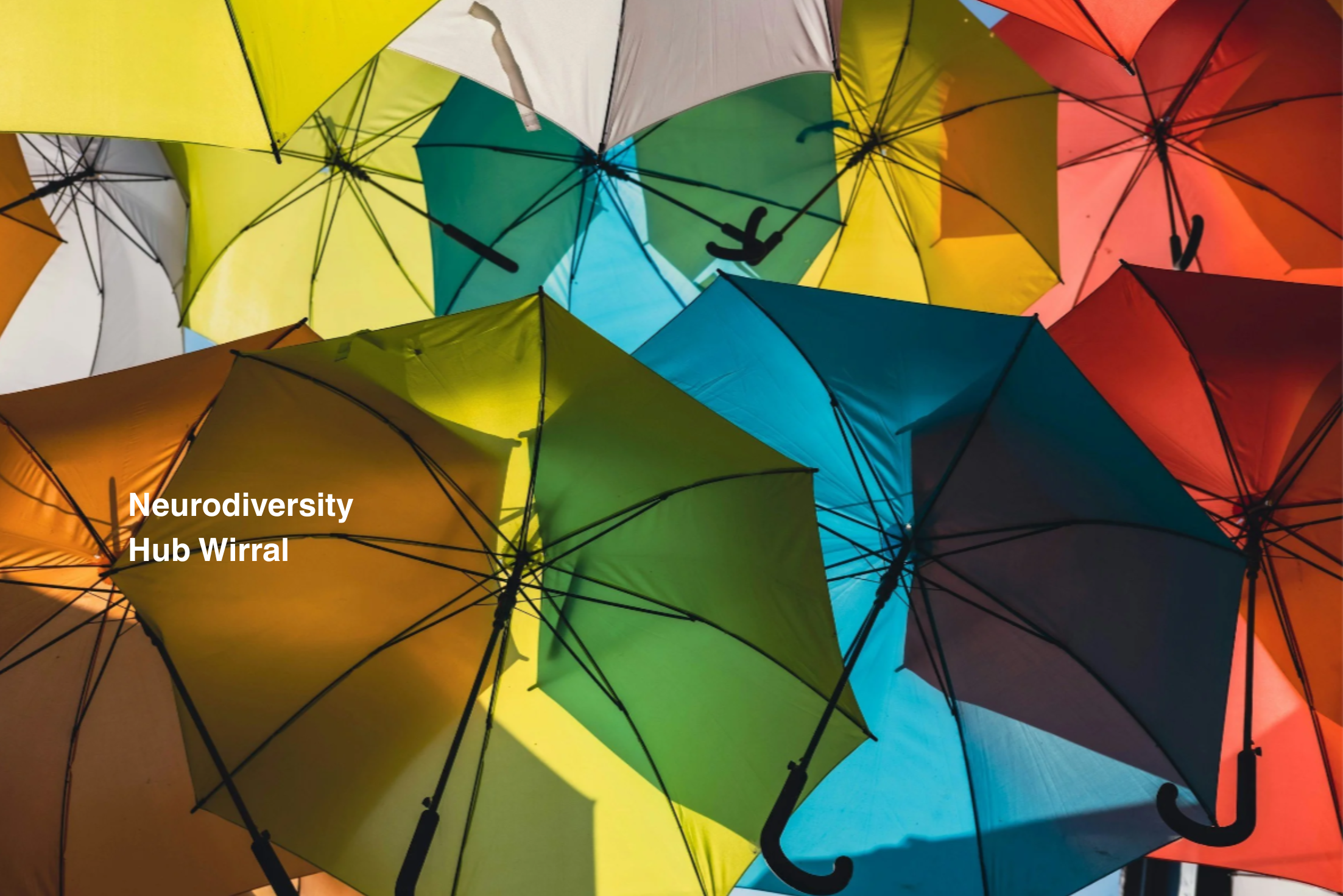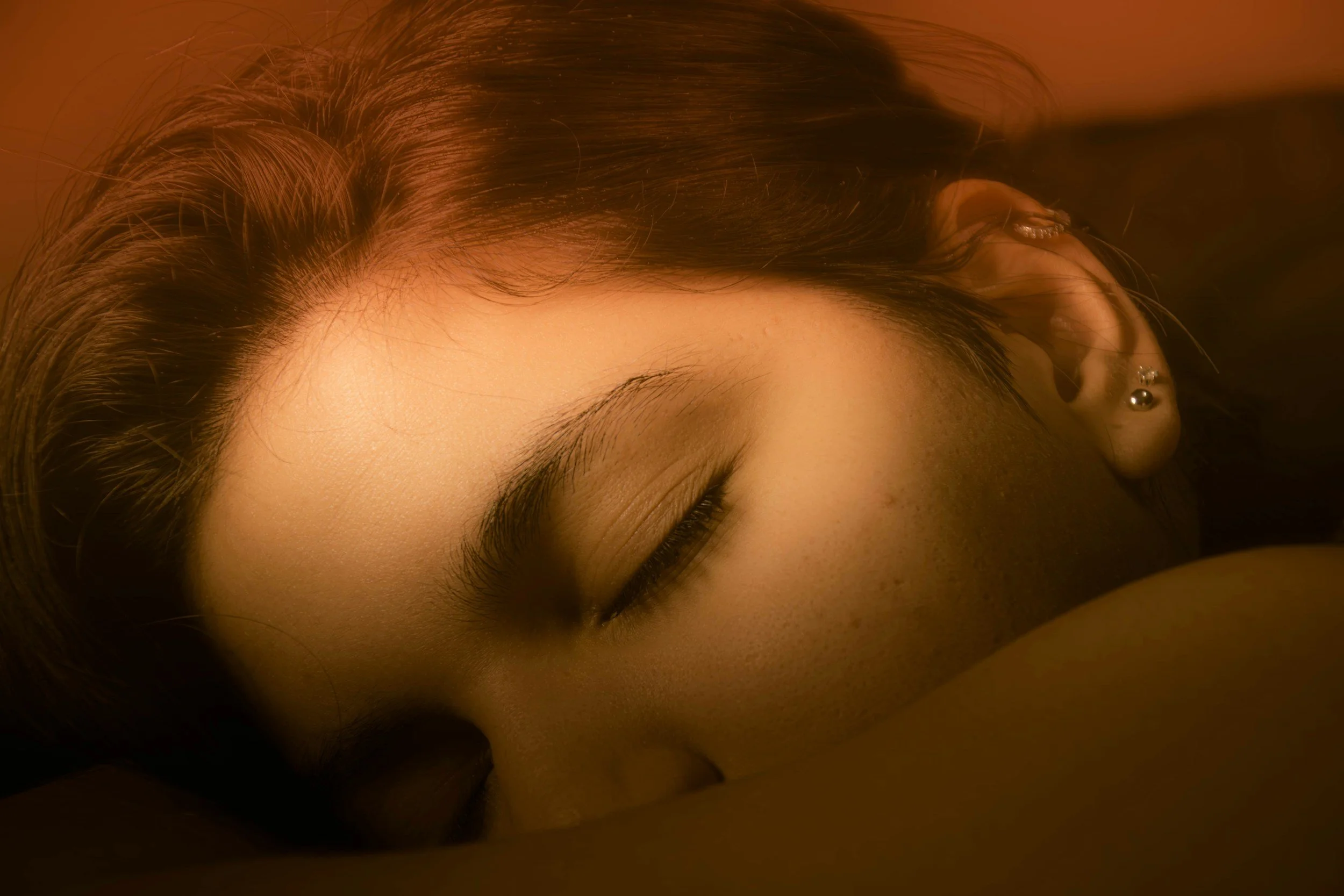
Teenage Zone
If you think you might have neurodivergent needs, there is a new tool that can help you find out what support you may need.
The Neurodiversity (ND) Profiling Tool is the first step in understanding neurodiversity in young people up to age 19. It was tested with 50 families in Portsmouth from March 2021 to April 2022.
Now, Wirral use it to help identify needs early and provide support for children and young people who may have neurodevelopmental differences.
If you, your family, or your school think you might show signs of autism, attention deficit hyperactivity disorder (ADHD), dyspraxia, or other neurodevelopmental needs, you can ask for the ND Profiling Tool to be completed.
A trained professional will usually do this with you and your family. These professionals often work with children and young people. You can speak to your school, college, or another trusted person such as a youth worker or social worker to request a profile. If they have not been trained to use the tool, training is easy to access.
The professional will guide a conversation about the things you find harder than your friends. This helps you, your family, and your school or college understand your needs and put support in place.
The Neurodiversity pathway aims to move away from focusing only on diagnosis and labels. Instead, it looks at what support you need, even if you do not meet the level for a formal diagnosis. This works best when parents, carers, health professionals, and other professionals agree on the language used.
This tool does not replace diagnosis by services such as the Community Paediatricians or Child and Young Peoples Mental Health Services (CYPMHS). It is an extra resource for professionals, parents, and young people to help manage needs. Sometimes this tool is enough on its own, but in some cases, further assessment may still be needed.
A Person-Centred Approach
In the past, support usually started with a referral for a specialist assessment. This often led to a diagnosis of a specific condition. After that, families were sometimes left without extra help or advice for school adjustments.
Even when a diagnosis was given, it was rarely tailored to the young person’s individual needs. This made support plans less effective.
The profiling tool changes this. It adds learning and understanding about neurodiversity early in the process. This helps everyone involved understand the young person’s needs and how to support them—whether or not they have a diagnosis.
By the end of the process, parents, carers, and professionals will know the young person’s strengths and challenges. They can then provide the right support.
The Nine Neurodiversity Domains
The profiling tool looks at nine areas of development. These areas help us understand a young person’s strengths and challenges.
Experts, parents, carers, and young people helped design these sections. The language is clear and easy to understand.
The nine areas are:
Speech and Language – how you talk and understand words
Energy Levels – how active or tired you feel
Attention and Impulse Control – how well you focus and manage impulses
Emotional Regulation – how you manage feelings
Motor Skills – how you move and control your body
Sensory – how you respond to sounds, lights, textures, and other senses
Flexibility and Adaptability – how you cope with changes
Systemizing and Empathizing – how you understand patterns and other people’s feelings
Cognitive Ability – how you think and solve problems
Things to Check Before You Start
Before you use the profiling tool, check a few important things about yourself. These checks help make sure the profile is accurate.
-
Masking happens when a neurodivergent person copies the behaviour of neurotypical people. They may do this to fit in.
-
Poor sleep can affect behaviour and learning.
-
Neurodivergent people often experience food differently. They may be sensitive to how food looks, smells, tastes, or feels. They may not recognise when they are hungry. Diet can impact energy and focus.
Other Areas to Discuss
These factors often overlap with neurodiversity. In Wirral, we also suggest talking about:
Childhood Experiences
The experiences we have as children shape how we grow, think, and feel. They affect our physical health, mental health, and behaviour.
Two important things to think about when looking at mental wellbeing are:
Attachment relationships – the quality of the bonds we form with parents or carers
Adverse Childhood Experiences (ACEs) – difficult or traumatic events in childhood
These factors can have a big impact on development and should be considered when using the profiling tool.
Bladder and Bowel Difficulties
Teenagers can have problems with going to the toilet, but it is not always easy to talk about. You might worry about it on your own.
Common problems include:
Needing to pee more than seven times a day
Feeling like you have to rush to the toilet
Constipation
If you have these problems, you can ask for a medical pass at school. This lets you leave lessons when you need to go to the toilet. Most schools will give you a pass if they know about the problem.
You can:
Ask your pastoral leader (for example, head of year or head of house)
Ask your parent or carer to speak to school
Ask the school nurse to arrange the pass
For more details, see the Bladder and Bowel Teenage section.
Vision and Hearing
Make sure you have had your eyesight and hearing checked.
Problems with vision or hearing can affect how well you can learn. If you are neurodivergent difficulties hearing or seeing clearly can increase your anxiety without you being aware. This in turn can affect your behaviour.
If you are unsure, speak to your GP, school nurse, or optician to arrange a check.
How Often Should You Review Your Profile?
You can decide how often to review the profile.
Someone who knows you well can review it with you each term. This helps check if you are improving with the support you receive.
The Neurodiversity profile can show changes over time, so regular reviews can be helpful.




